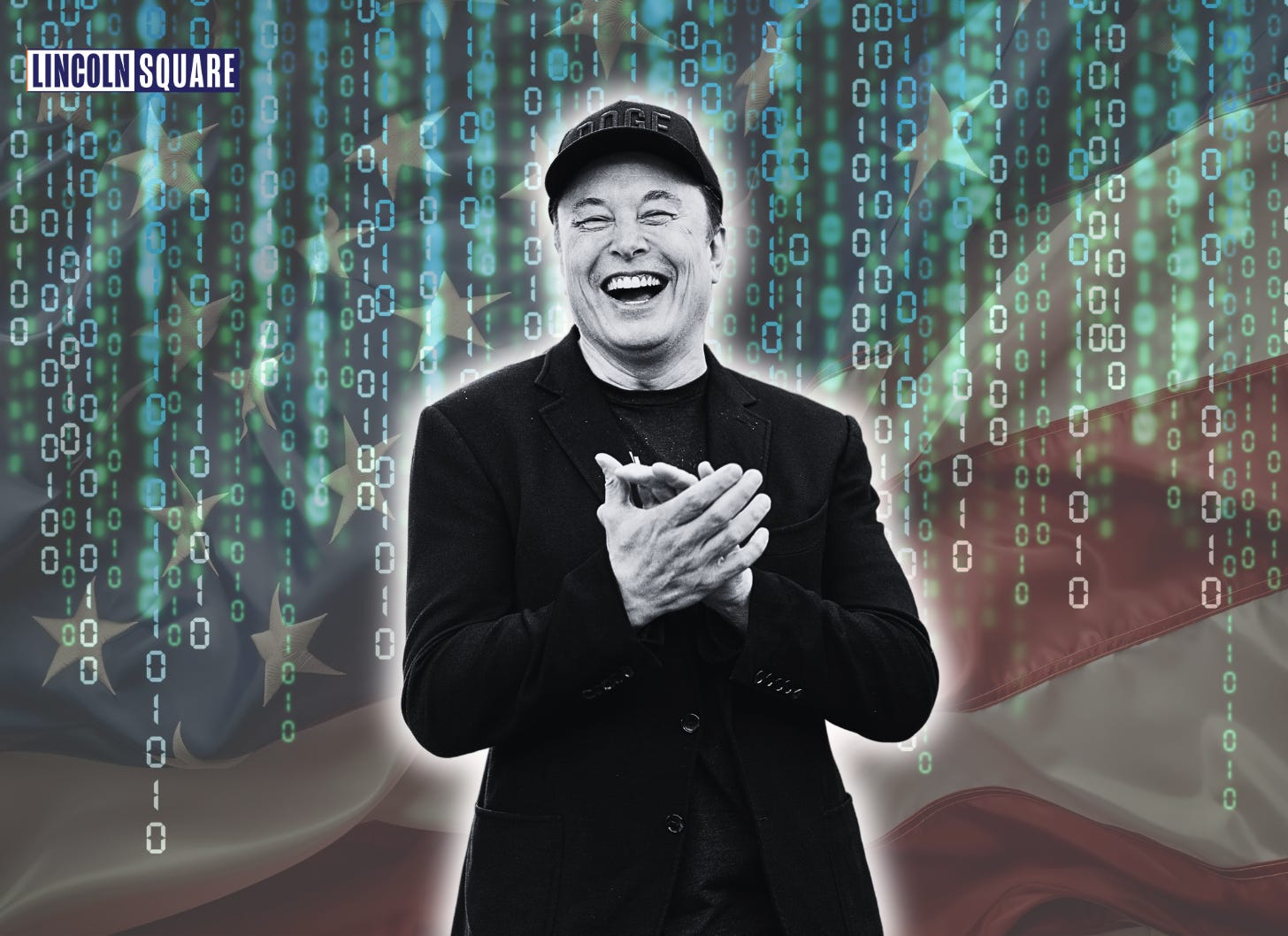What DOGE Gets Wrong about Tech and Government
Lessons learned by civic tech, forgotten by DOGE.
Members of the DOGE network rarely offer thoughtful accounts that depart from the Musk narrative (government is broken, full of talentless hacks, DOGE is fixing things). So I was interested to see a DOGEr express genuine circumspection. This came from Sahil Lavingia, a startup founder, who was interviewed by Ernie Smith about his experience with DOGE.
La…





